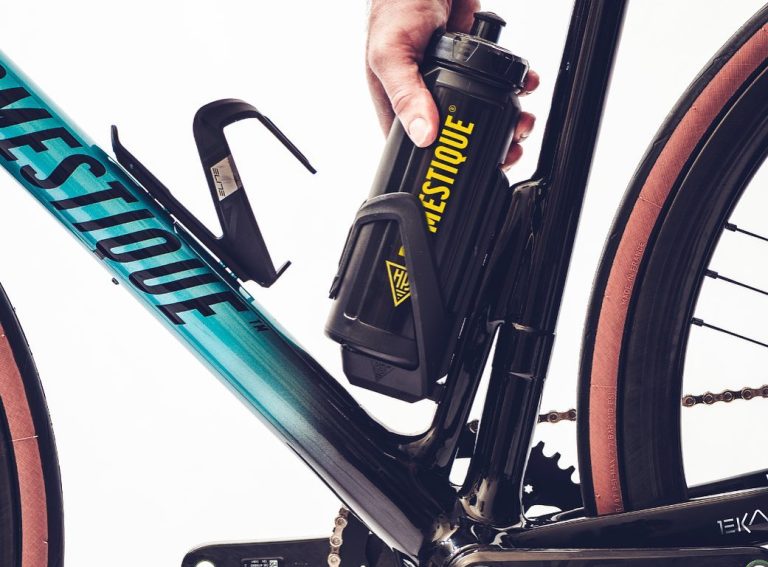Over 100 million car and taxi trips made in UK city regions could be replaced by e-bikes if the government meets its modal shift target, according to a new report by the Urban Transport Group.
Titled Fully charged: Powering up the potential of e-bikes in the city regions, the report breaks down different scenarios based on the government’s target for shifting more people towards cycling and the growing demand for e-bikes around Europe.
Based on the “Government Target Scenario”, which assumes the cycling mode share doubles compared to 2017 levels with an additional boost as a result of the COVID-19 pandemic, e-bike rides could represent two per cent of all journeys and one-third of cycling trips in London, Greater Manchester, Liverpool City Region, South Yorkshire, Tyne and Wear, West Midlands, and West Yorkshire.
Meanwhile, e-bikes would replace 103 million car and taxi trips and generate £280 million in benefits for the city regions.
The report also presents an “Accelerated Growth Scenario” in which cycle mode share increases above the government target due to a greater propensity for people to cycle with an additional uplift for increased e-bike adoption.
Based on this scenario, e-bikes would contribute seven per cent of all trips, replacing 646 million car journeys and creating £1.5 billion a year in monetary benefits.
“These scenarios paint a positive picture of what is possible for e-bikes,” said Ben Still, Managing Director of West Yorkshire Combined Authority and lead Board member for active travel at the Urban Transport Group.
“They tell us the portion of cycle trips that could be made by e-bikes if Government meets its target on shifting people to cycling, and the number of car and taxi trips which could be removed from our roads.
“E-bikes have unique appeal, enabling longer and more frequent cycle trips, and they can thrive in certain demographics, such as older people, or certain geographies, like hilly or congested towns and cities. E-bikes therefore need to be centre stage of Government’s active travel policy if we are to get more people cycling in our city regions.”



